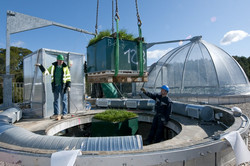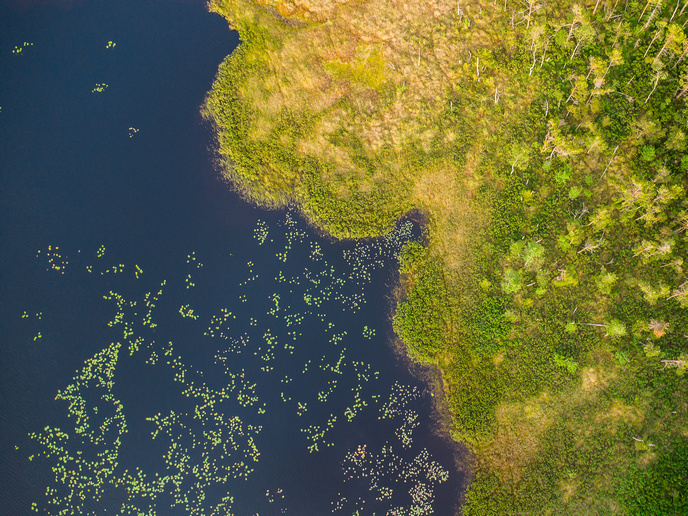Linked infrastructures boost ecosystem research
Uncertainty about the future impacts of climate change means it is now vital to create an integrated set of RIs for ecosystem science. These RIs will enable scientists to better understand and forecast the effects of a changing climate as well as alterations in land use and loss of biodiversity in continental ecosystems. The aim of the EU-funded EXPEER (Distributed infrastructure for experimentation in ecosystem research) project was to improve coordination and research capacity by establishing and strengthening links between observational, experimental, analytical and modelling infrastructures. This will help unify and harmonise the currently fractured research landscape and improve interoperability and the seamless exchange of information within the European Research Area (ERA). EXPEER is addressing an essential need in connecting the major approaches necessary to forecast Ecosystem change and its consequences. Although EXPEER facilities cover a broad range of climatic zones across Europe and have good levels of research capacity, the project identified the need to upgrade services in experimental operations, biodiversity studies, hydrology and soil characterisation. The team has standardised a range of protocols and created a metadata management system to improve comparability and discoverability of data from EXPEER sites. Recent technological developments created new opportunities to overcome some of the critical limitations in understanding ecosystem processes, enabling better monitoring at the laboratory (e.g. improved environmental control techniques and developed new experimental approaches), field or regional scale. This has provided opportunities for improved non-invasive monitoring and for transdisciplinary data integration. Researchers therefore tested and evaluated a set of these new measurement techniques, from DNA-resequencing to optical remote sensing. The new techniques enabled better understanding of soil biodiversity, soil aggregation, soil moisture and soil function changes. They also focused on new control algorithms for carbon dioxide enrichment studies, growth chamber prototype and new approaches for more realistic experimentation. Three models were included in an online modelling toolbox. Two frameworks for upscaling of biogeochemical fluxes were developed. Several training sessions and workshops have been organised to promote the EXPEER output. Project work has helped to ensure that integrated ecosystem RIs will benefit the whole scientific community and enable high-quality research that will result in effective policies improving our environment and society in general.







